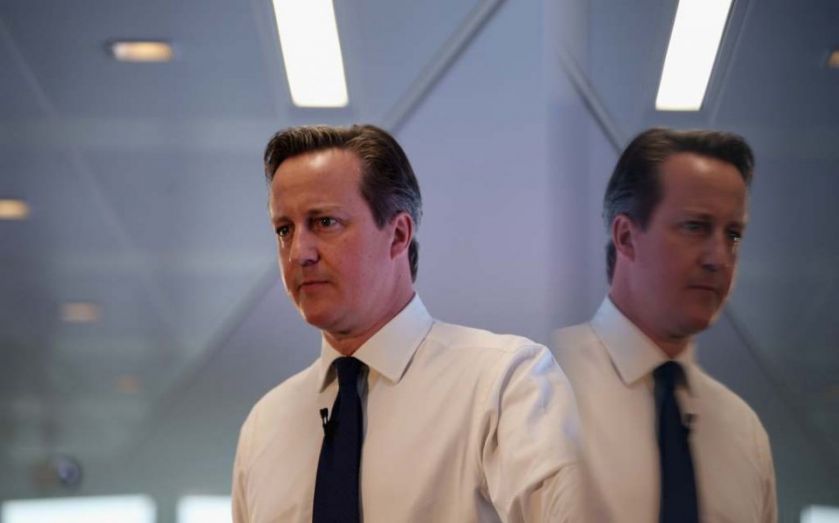David Cameron’s south east Asia tour: The UK needs a step change in its ASEAN trade

As David Cameron tours south east Asia this week, he can take heart from the recent experience of an iconic British brand which resonates all over the world. Liverpool football club spent last week in Malaysia, with manager Brendan Rodgers commenting that “it’s been incredible to see the support we’ve received.” This was reflected in the thousands of fans who came to watch his team’s match against a Malaysia XI at the National Stadium on Friday night.
The Prime Minister is in Indonesia, Singapore, Vietnam and Malaysia this week (four of the top six countries by GDP of the ten member ASEAN bloc). The region is already economically significant and boasts one of the fastest growth rates of any in the world. It grew 2 per cent faster than the world on average from 1980 to 2013. No less impressively, it increased its share of global foreign direct investment from 4.1 per cent in 2005 to 9 per cent in 2013. Long-term trends of a growing population, urbanisation and a burgeoning middle class bode well for its growth prospects.
As global trade spreads, ASEAN is well positioned due to its location across significant trade corridors. The EU has opened a free trade agreement with ASEAN, and there are also deals ongoing or completed with Singapore, Malaysia and Vietnam. Four ASEAN countries are part of the Trans-Pacific Partnership, the proposed free trade agreement that has been championed by President Obama, and all ten members are part of another proposed agreement, the Regional Comprehensive Economic Partnership.
The opening of markets to trade will boost the economies of the region, and this is important to British businesses and banks. At Standard Chartered, we are the only international bank with a presence in all ten ASEAN markets, and further trade could also be advantageous to a new wave of fintech companies represented on the prime ministerial delegation. Further progress is offered by the launch of the ASEAN Economic Community later this year, part of the bloc’s attempt to become more integrated as a single market.
Despite all of this progress and promise, the UK does not trade enough with ASEAN, which is an element of our wider lacklustre trade performance with emerging markets. Only 20 per cent of our exports go to emerging and developing countries (compared with 29 per cent for Germany and 31 per cent for Italy). While exports to ASEAN grew at about 6 per cent per annum over the past five years, they reached around a modest $10bn in 2014. Clearly there is room for improvement here, and there will have to be if the government wants to realise its ambitions to double UK exports by 2020.
The ASEAN region may be relatively unfamiliar to many here in the UK but there is a lot to be gained from developing the relationship. At Standard Chartered, we have operated in many of the markets for well over 100 years (and a cumulative 559 years in the four countries on Cameron’s programme). If the Prime Minister succeeds in sowing the seeds of a step change in UK-ASEAN relations, then he may find himself with an economic victory to parallel Liverpool’s successful tour last week.